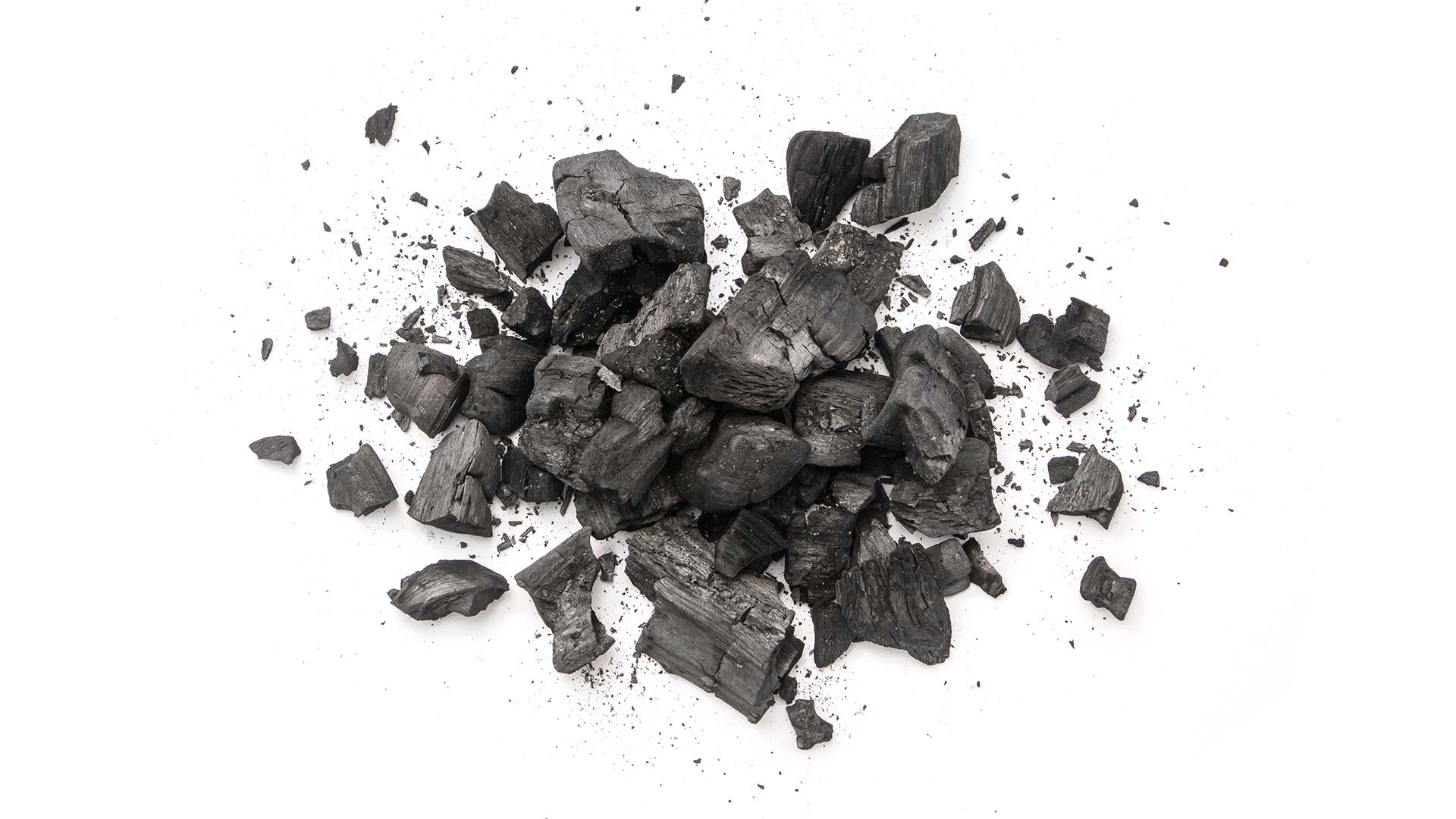Professor Adam Dixon shares why sustainable capitalism is the way forward

Nearly 250 years ago, Scottish moral philosopher and economist Adam Smith published his seminal The Wealth of Nations. Here, he offered one of the first connected accounts of how free markets operate and individual countries build their economies, or GDP (a term no one used at the time) – essentially describing the birth of industrial capitalism.
Over the decades, capitalism has raised living standards, powered the development of great corporations and fuelled nation states. It has led revolutions, from the machines and manufacturing processes of the Industrial Revolution to the ongoing impact of the technological revolution.
Yet capitalism has also had negative effects on our society. It is now widely accepted that the environmental impact of industrialisation is causing climate change, while the gap between those who become fabulously wealthy at the top and those struggling at the bottom widens. Add in global uncertainty and political upheaval, and it’s no surprise that the status quo is being challenged. In fact, most people worldwide (56%) agreed with the statement that “capitalism as it exists today does more harm than good in the world”, according to Edelman’s 2020 Trust Barometer (a survey conducted before the pandemic).
Enter “sustainable capitalism”. What if capitalism could seek profit not for the wealthy few, but for investment that could help the many? What if it could regenerate and replenish the resources it extracts from the environment? What if it could meet the needs of the present without compromising those of the future?
“When people ask me what sustainable capitalism is, I refrain from giving them a definition,” says Professor Adam Dixon, inaugural Adam Smith Chair in Sustainable Capitalism at Heriot-Watt University’s Edinburgh Business School. “This is because I don’t believe it’s my role to provide the world with a definition, but also because I don’t believe we actually all agree on what sustainable capitalism is.
“What I want to do is debate and reflect on what sustainable capitalism is and could be. We need to look at capitalism in its totality, its advantages and disadvantages as an economic system. At the same time, we need to think about what sustainability is. What are we trying to sustain? Are the things we’re doing with sustainability as good as we think they are?”
This spirit of openness and inquiry is something Adam wants to bring to his new role, believed to be the first such position anywhere in the world. Based at Panmure House in Edinburgh – where Smith lived from 1778-1790, the last 12 years of his life – Adam took on the position earlier this year, which is also the tercentenary of Smith’s birth.
Relight my fire
Like Smith, Adam sees himself as a multi-disciplinarian who wants to spark debate. A first-generation academic who received no funding for his master’s or PhD, Adam has held academic roles in the UK, US and the Netherlands, supplementing his studies with work as a commercial fisherman in Alaska. The many subjects he has examined include economics and political economy, geography, history and even accounting. This background gives him the ability to interact with people from different subjects and understand where they’re coming from. In time, he sees Panmure House developing lecture series and programmes on sustainable capitalism, alongside a monthly newsletter and a regular podcast. The centre’s academic research will be global in nature, with a focus on geopolitics and geoeconomics.
“What I would like to do is rekindle the spirit of the Scottish Enlightenment. We want to be critical and sceptical, rather than be another sustainability institute going around saying the world’s on fire. That’s not what Adam Smith would have done. He would have looked at the trade-offs of different policies and systems, bringing in other thinkers and convening debate,” says Adam.
For some, sustainable capitalism is an oxymoron. Adam says he receives criticism from those on the right who see the subject as “woke mumbo jumbo”, while on the left many argue that capitalism, by its very nature, can never be sustainable. Yet for finance professionals and business leaders, sustainability reporting is having an impact, with environmental, social and governance (ESG) issues rapidly becoming a priority.
A 2022 EY survey of Fortune 1000 companies in America found all respondents rated ESG initiatives as important to their business, with 87% calling them “very or extremely important”, while ICAS has committed to embedding sustainability in its syllabus both for students and as a part of its continuing professional development for members. When it comes to finance and accounting, sustainability is now mainstream. Adam believes it is a positive development that more organisations are focusing on their relationship with the wider environment, but cautions against action for the sake of it. It’s important to interrogate why companies choose certain initiatives and what outcomes they want from them.
“It’s nice to see that corporations are thinking more broadly about their social purpose and environmental impact. It’s great that CEOs are reflecting on that. However, should those unelected CEOs be making decisions that should really be the realm of a healthy democratic polity? Maybe organisations think that there is no global government organising things, so it’s incumbent on them to solve things. My critique of ESG is that with all the talk of taxonomies and standards, will it lead to any actual difference?” asks Adam.
This focus on being seen to do something, rather than interrogating the outcomes you want, demonstrates a lack of critical reflection on the part of business, believes Adam: “Corporations are adopting sustainability without thinking about it. Adoption is a good thing, but we still need to reflect on and critique the system we want and how we’re going to achieve it. There needs to be space for those who want to say, ‘It’s a good thing you want sustainability, but I don’t think this is the right way to achieve it.’ Allowing for dissent is really important and fundamental to a free society. The Scottish Enlightenment fostered this and we shouldn’t forget that.”
Interrogation room
The need for contrariness is something Adam hopes to bring to his role as Adam Smith Chair of Sustainable Capitalism, with plans to engage thought leaders from across both political and ideological spectrums. Being associated with Smith and Panmure House gives him the courage to be bold and outspoken, he believes – something that is increasingly challenging for academics.
“Academics are increasingly self-censoring and being careful about what they say for fear of saying the wrong thing,” says Adam. “There are certain areas you can’t go into any more as an academic. I want to be able to debate and convene thinkers from across the spectrum. Today, if you have the audacity to speak to someone from either end of the spectrum, some people think you must be associated with them because you spoke to them. I find that abhorrent. For me, it’s about the competition of ideas and being able to discuss and debate. That is fundamental to giving us free and liberal societies,” he says.
For Adam, this matters even more in a world where illiberalism is growing. He cites the impact of China – a capitalist economy but an illiberal society – Russia’s invasion of Ukraine and threats to freedom of expression and peaceful protest closer to home. Healthy debate, then, is the key to progress. The spirit of Smith and the Scottish Enlightenment – openness, curiosity and critical reflection – will inform Adam’s tenure at Panmure House.
“There isn’t a dearth of organisations talking about sustainability,” he says. “For us, it’s about finding a niche that is different. People take sustainability as a good thing, as something we should do – and it should be – but we need to interrogate it. I recently spoke to Andy Haldane, CEO at the Royal Society of Arts, and he said, ‘We’re interested in next practice, not best practice.’ That’s a nice way of framing it.”
Find out more about Panmure House
For more resources, visit the ICAS sustainability hub












